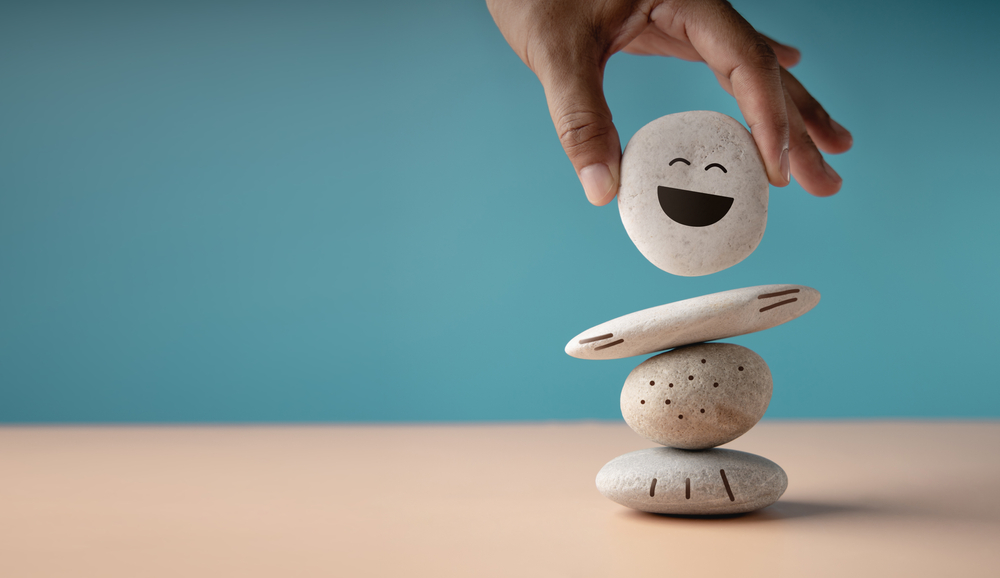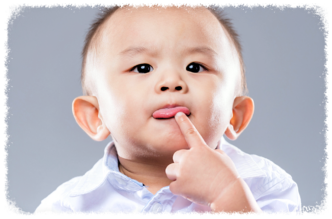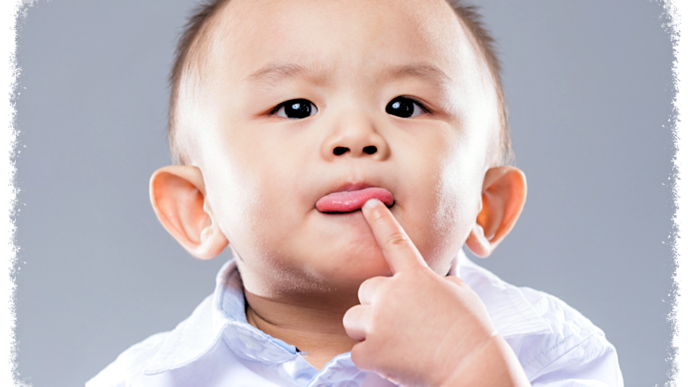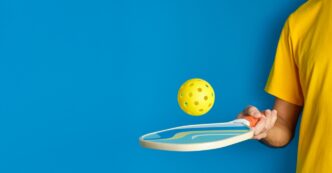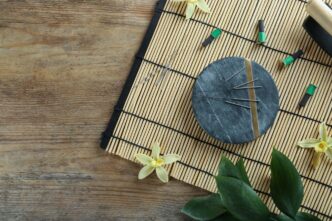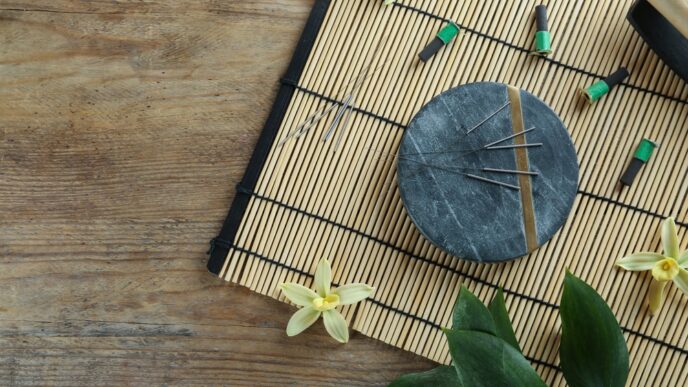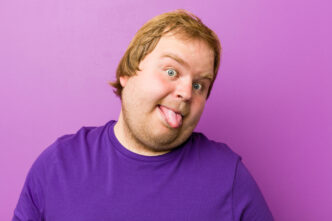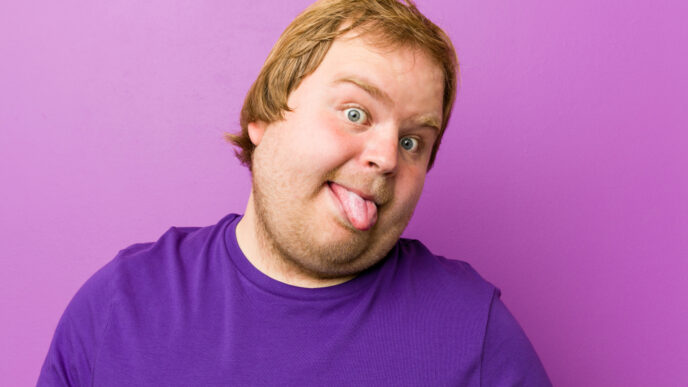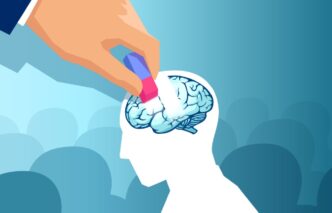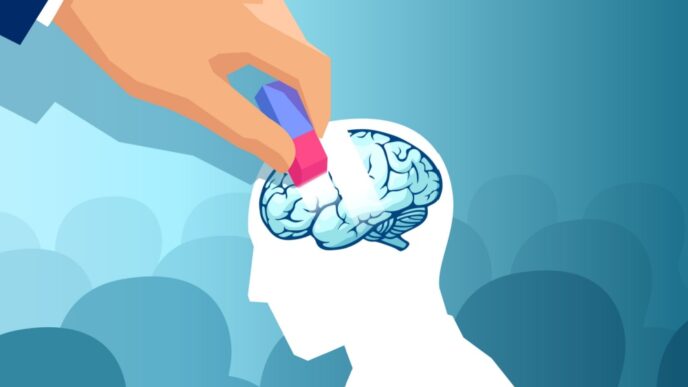WORDS DR ONG SIEW SIEW
 FEATURED EXPERT FEATURED EXPERTDR ONG SIEW SIEW Senior Lecturer School of Alternative and Complementary Medicine IMU University |
Emotional health in traditional Chinese medicine is closely tied to specific organs or viscera, which correspond to various emotional responses known as the seven emotions.
THE TRADITIONAL CHINESE MEDICINE PERSPECTIVE ON THE SEVEN EMOTIONS
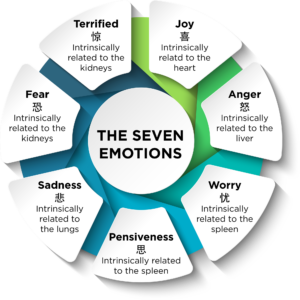
The intrinsic linking of the seven emotions with our five viscera (heart, liver, spleen, lungs, kidneys, see below) creates a complex interplay between our emotional experiences and internal organ functions.
Excessive or prolonged emotions can disrupt the smooth flow of qi and blood, potentially leading to imbalance and disease.
For example, the liver’s role is deeply tied to emotions such as anger, frustration and resentment.
The Role of The Liver
Referred to as “the general of officials” (“将军之官”), the liver regulates emotions, stores blood, and has a dispersing function that regulates qi circulation, promoting emotional stability.
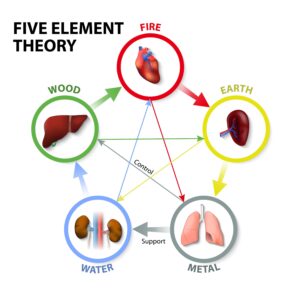
According to the Five Elements theory, the liver belongs to the Wood element and plays a crucial role in emotion regulation and blood storage.
Excessive anger can cause qi and blood to rise (“怒则气上”), resulting in symptoms like headache, dizziness, flushed face, tinnitus and fainting.
Dysfunctions in the liver’s dispersing function, due to emotions being suppressed, can lead to qi stagnation and emotional imbalances such as feelings of anger, irritability, and resentment, along with physical symptoms like digestive issues.
Beyond the Liver
Similarly, other traditional Chinese medicine concepts explore how excessive joy (喜则气缓), overthinking (思则气结), prolonged sorrow (悲则气消) and extended fear (恐则气下) affect qi flow and organ functions.
The relationship between emotional health and organ imbalances is one of mutual influence and interaction, highlighting the holistic approach of traditional Chinese medicine in addressing both physical and emotional well-being.
While emotional assessments may not always indicate disease, they are essential aspects of diagnosis, shedding light on how organ functions may influence emotional well-being.
By exploring the interconnectedness of physical body, vital energy and emotional resilience, traditional Chinese medicine seeks to promote harmony within the body-mind-spirit continuum.
TREATMENT MODALITIES FOR EMOTIONAL HEALTH
Traditional Chinese medicine practitioners adopt a holistic approach that fosters lasting health and vitality, focusing on more than just alleviating symptoms.
Through treatment modalities such as herbal medicine, acupuncture, and massage therapy, they seek to rebalance the flow of qi and blood within the body and harmonize the functions of internal organs.
This approach aims to support overall well-being and restore balance, helping to ease emotional distress and promote a state of physical and mental harmony.
SCIENTIFIC EVIDENCE SUPPORTING TRADITIONAL CHINESE MEDICINE APPROACHES
The findings thus far are promising.
Promising Findings on Acupuncture
Several published reviews have highlighted that acupuncture can play a complementary role in supporting patients with depression, helping to alleviate symptoms alongside pharmaceutical therapies like antidepressants.
Additionally, research has shown that acupuncture treatments promote calming effect that may help reduce anxiety and improve the quality of life for women with eating disorders such as anorexia and bulimia.
These findings suggest a valuable synergy between traditional Chinese medicine and conventional Western medicine, offering a more integrated approach to patient care.
IMPORTANT THINGS OF NOTE
|
| This article is part of our series on traditional Chinese medicine. |
References:
- Zhang, Z., Li, S., Meng, H., Wang, Y., Zhang, Y., Wu, M., Chen, Y., Rong, P., & Wang, Y. (2021). Efficacy and safety of acupuncture in the treatment of depression: A systematic review of clinical research. Anatomical record (Hoboken, N.J. : 2007), 304(11), 2436–2453. https://doi.org/10.1002/ar.24783
- Armour, M., Smith, C. A., Wang, L. Q., Naidoo, D., Yang, G. Y., MacPherson, H., Lee, M. S., & Hay, P. (2019). Acupuncture for depression: A systematic review and meta-analysis. Journal of clinical medicine, 8(8), 1140. https://doi.org/10.3390/jcm8081140
- Fogarty, S., Harris, D., Zaslawski, C., McAinch, A. J., & Stojanovska, L. (2010). Acupuncture as an adjunct therapy in the treatment of eating disorders: A randomised cross-over pilot study. Complementary therapies in medicine, 18(6), 233-240. https://doi.org/10.1016/j.ctim.2010.09.006


